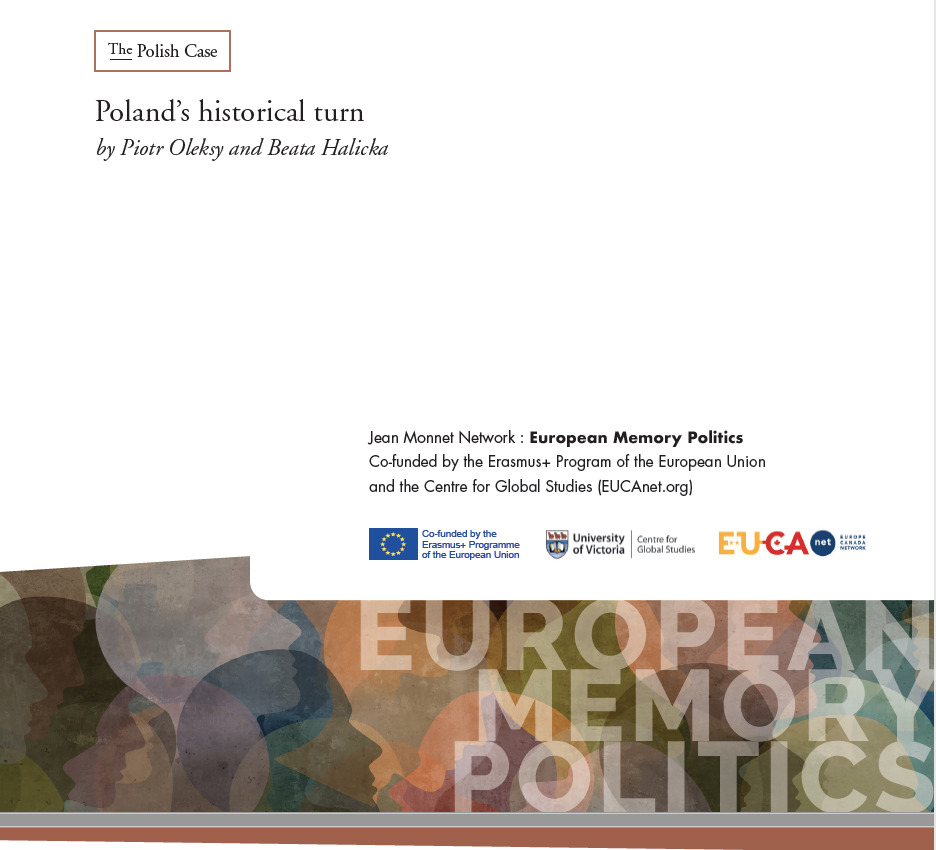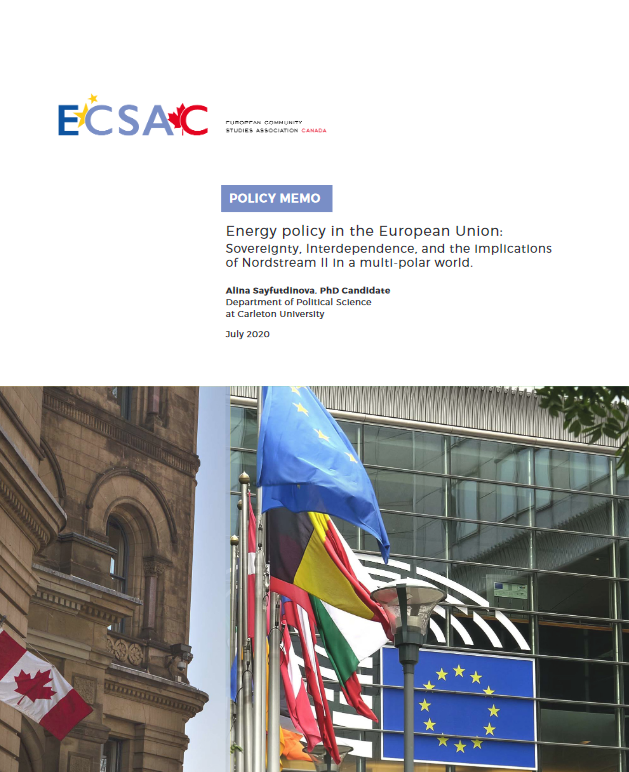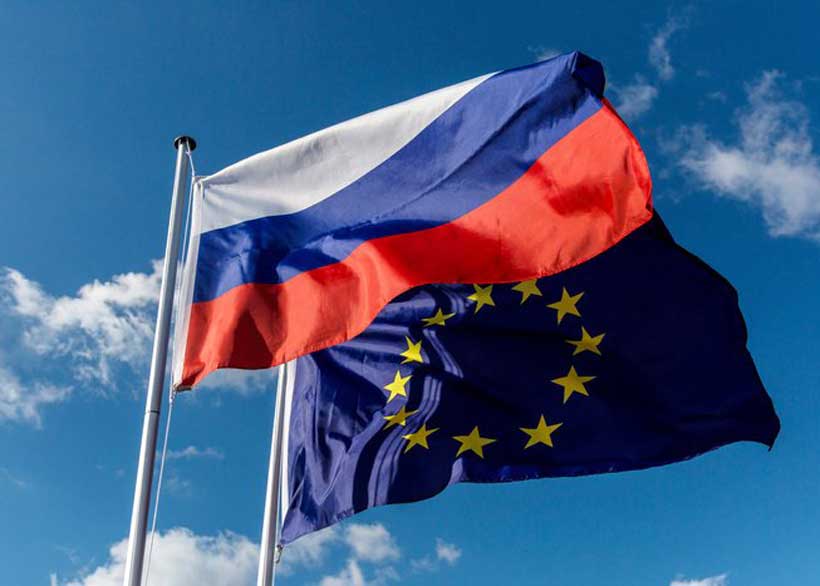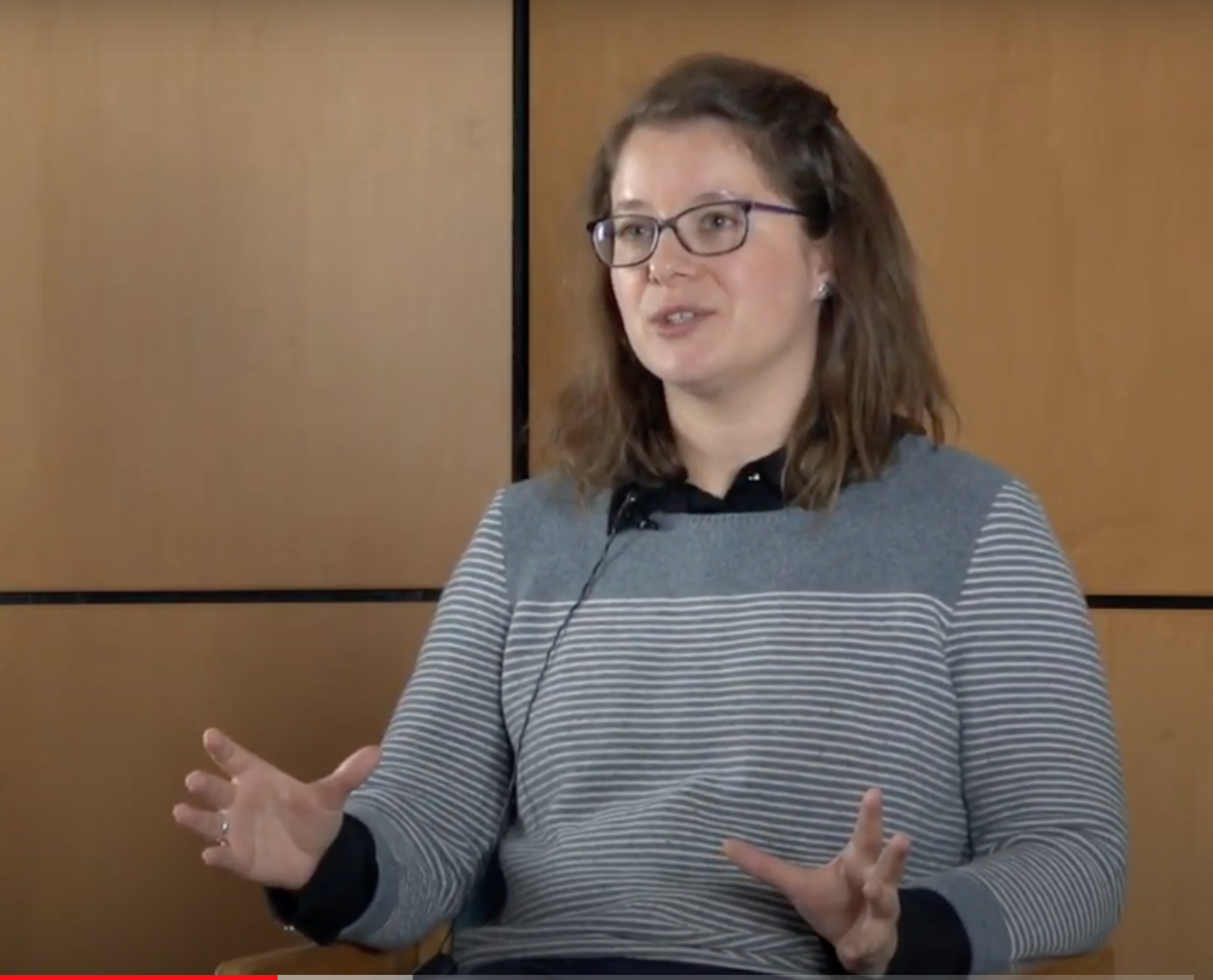Dr. Tom Junes: Nationalism and inequality as threats to democracy
In this video, Tom Junes, Marie Sklodowska-Curie Fellow at EUI, reflects on the challenges democracy is facing today by emphasizing existing inequalities. According to Junes, after the fall of the Berlin Wall, the political establishment have failed to question the methods and measures in which social democratic consensus and social welfare state were being reduced. This is one of the factors that increased or facilitated certain phenomena like populism. Junes notes that nationalism and ethno-nationalism are other prevalent problems in the region, which are linked in part to European integration and to globalisation. “We often forget that Eastern Europe got austerity measures from 1989 for nearly two decades”, explains Junes, noting that the people, “once they entered the EU, had expectations that this would improve drastically and rapidly”. But the improvement did not take place and the governments resorted to nationalism blaming Brussels for the situation. For Junes, today the big challenge for democracy and the problem about populism are related to the rise of authoritarianism. “It is important to ask why authoritarianism is actually so popular” says Junes, stressing that “right wing radical populists or authoritarian leaning parties are actually implementing socialist policies to a certain extent”, as illustrated by the case of Poland.
“We often forget that Eastern Europe got austerity measures from 1989 for nearly two decades”, explains Junes, noting that the people, “once they entered the EU, had expectations that this would improve drastically and rapidly”. But the improvement did not take place and the governments resorted to nationalism blaming Brussels for the situation. For Junes, today the big challenge for democracy and the problem about populism are related to the rise of authoritarianism. “It is important to ask why authoritarianism is actually so popular” says Junes, stressing that “right wing radical populists or authoritarian leaning parties are actually implementing socialist policies to a certain extent”, as illustrated by the case of Poland.
As for the possible solutions to put forward, Junes notes that “a confrontation with the other side” is needed, “preferably in a neutral zone” along with the need to “think out of the box”. Junes stresses that although ideologies and world views matter, practical solutions are sometimes needed, “because otherwise if you need redistributive policies and the left does not want to do it, the far right will”. Finally, from the point of view of the historian, Junes notes that it is worth asking whether the challenges to democracy we are debating today will still matter in a few years. “There are certain issues that cannot be resolved immediately and certain divisions cannot be overcome from one day to the next. But I do think that it should be possible to build consensus on certain issues and take one step at a time”, he concludes.
This video is part of the MSEUCA project and was produced as part of the event “‘Public Debates in Turbulent Times: Academia and Media”, which took place on 19-20 March ,2019 in Victoria, BC. MSEUCA stands for Communication and Media Strategies for EU experts in Canada. This project is co-funded by the Erasmus+ Jean Monnet Action of the European Union and the Centre for Global Studies, University of Victoria. The European Union support for the production of publications does not constitute an endorsement of the contents which reflect the views only of the authors, and cannot be held responsible for any use which may be made of the information contained therein.









